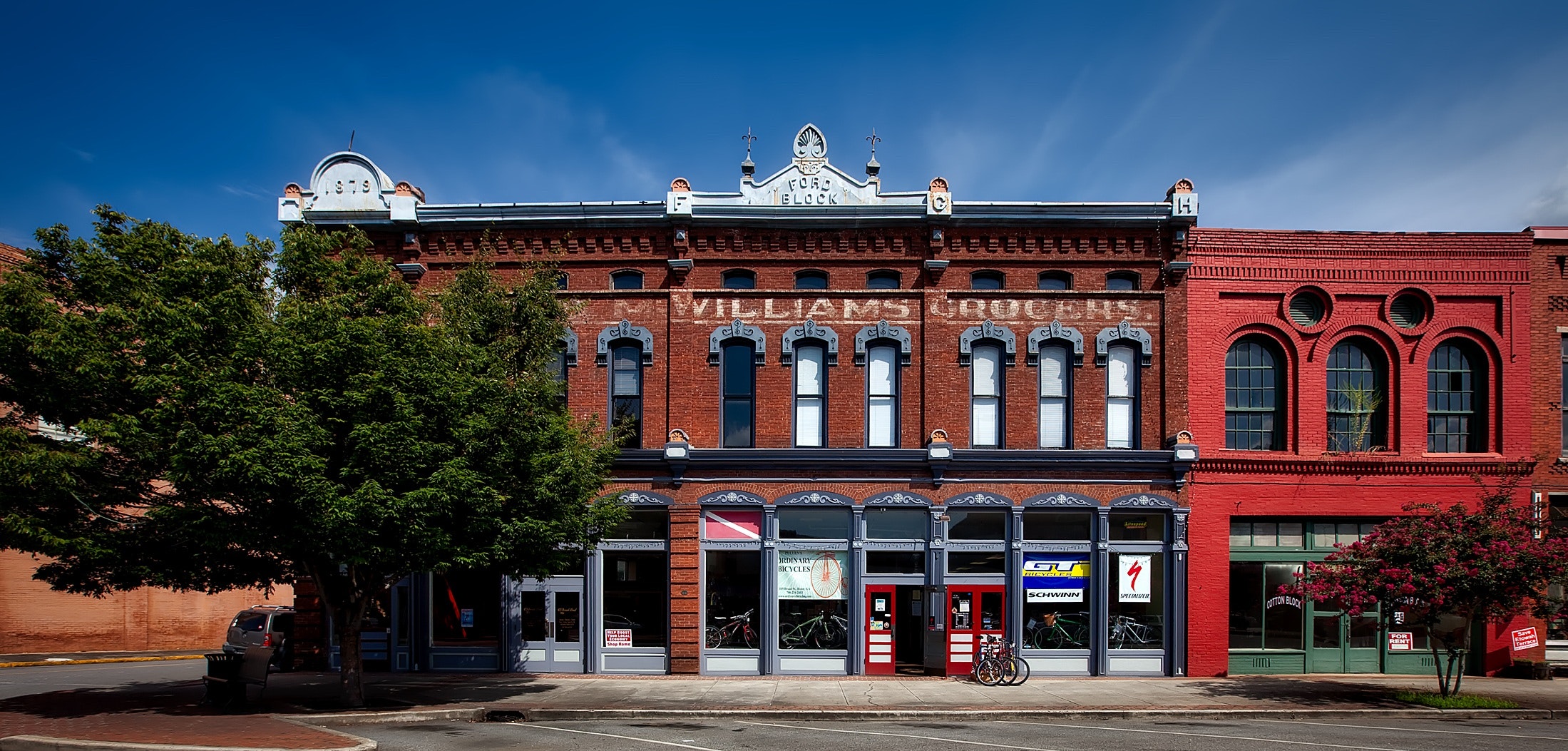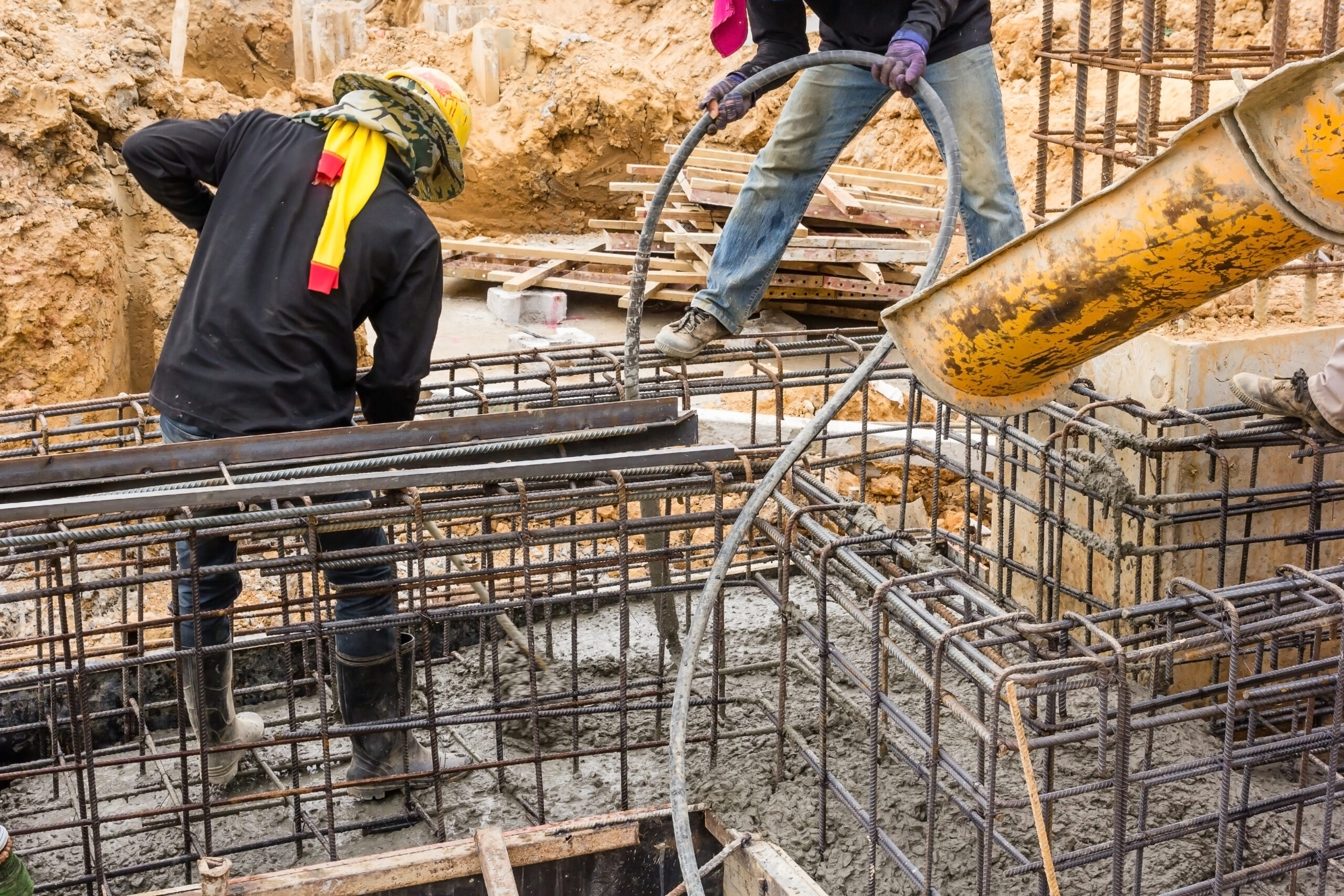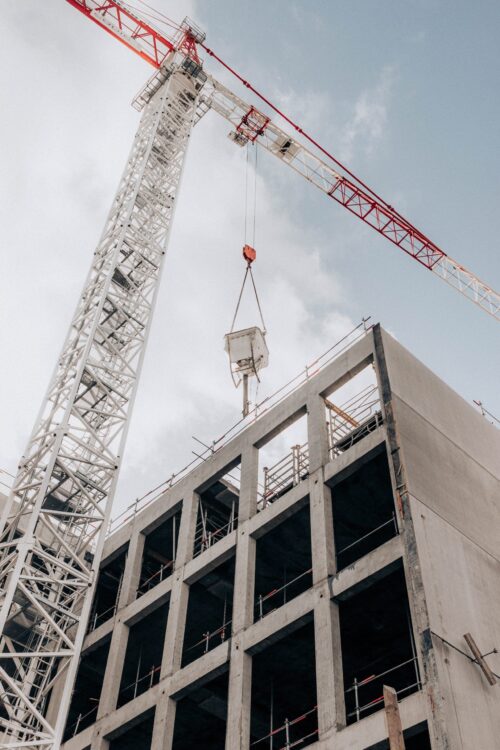Everyone has heard the infamous real estate saying “location, location, location”. But how much does location really matter?
For many years, real estate professionals have touted location as the most essential aspect of any property. It seems to make sense that a home in a desirable neighborhood would be an ideal place to live. Additionally, buying a short-term rental in a resort town where people love to vacation is a savvy investment strategy.
The question, therefore, is: What about commercial properties? Does location matter as much in commercial real estate?
Does Location Matter in Commercial Real Estate?
The short answer is yes. Location matters greatly in commercial real estate. The longer answer is that it heavily depends on the type of property.
For example, location is vital when considering potential property options for opening a restaurant, as the building and sign need to be visible to passersby. If your restaurant isn’t in a highly-visible location, you will miss out on many potential customers.
On the other hand, you must consider location differently if you are considering purchasing commercial real estate to open a storage facility. Your building may not need to be exposed to quite as much foot and vehicle traffic, but you will need a location that provides easy access for your target demographic with storage needs.
Additionally, to make a commercial real estate investment profitable, you may need to consider different locations based on price. Depending on the business and your goals, a prime location with a hefty price tag may make sense, or a smaller price tag with a better cash flow may be the best option.
Working with a highly-qualified commercial real estate broker is the best way to find the property and location that is right for you. Please contact Steve Longenecker at WeBrokerCORealEstate or 720-600-9513 regarding any commercial real estate needs in Longmont, CO, and our neighboring communities.
We give out $250 gift cards for referrals that become our real estate clients.
Like, Share & Follow us on LinkedIn and Facebook.
#longmontcommercialrealestate #commercialrealestatebroker #northerncoloradocommercialrealestate







